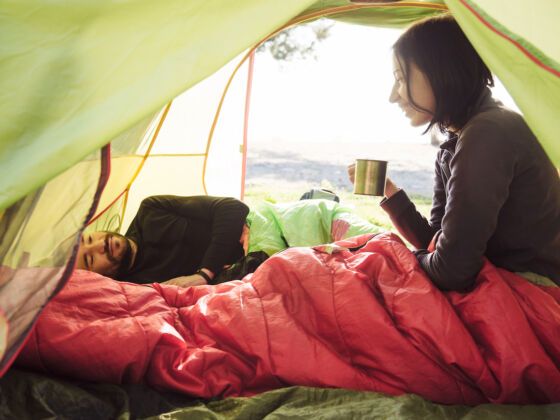WORK CAMPING IS an outdoor lifestyle that can be a good fit for people who enjoy long-term camping, are interested in seasonal work in between travels, or are looking for a way to afford sustained travel.
Both volunteer opportunities and paid positions exist, but all work camping jobs have two things in common: either an RV hookup or on-site housing and the flexibility to move around by working on different camp sites. Jobs vary from place to place, but common positions include camp hosts, desk clerks, park managers, activity directors, wranglers, and tour guides.
